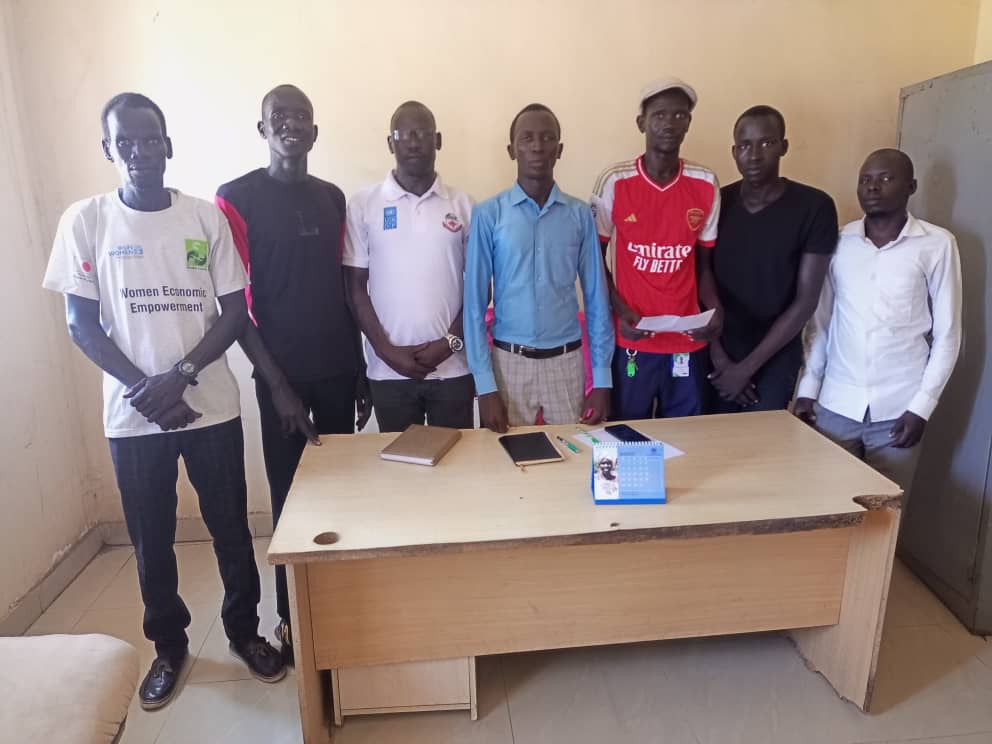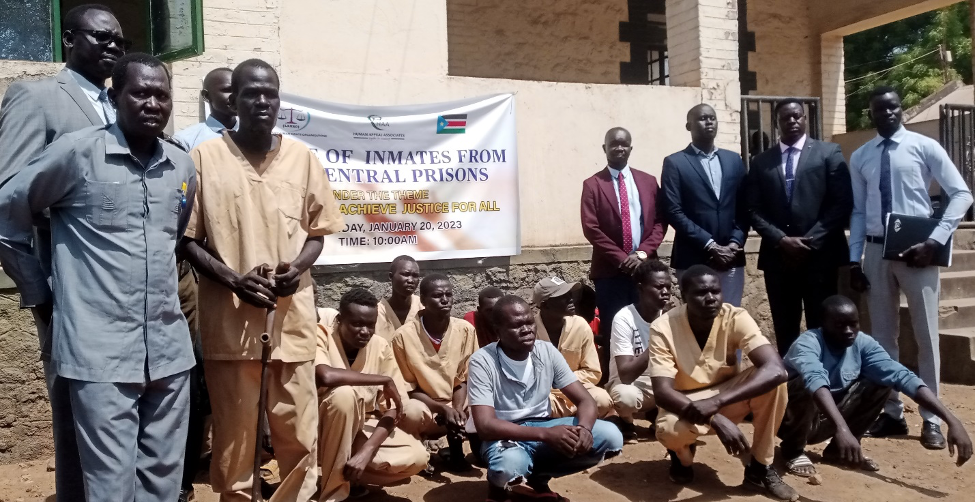
U.S. Embassy Commemorates Martin Luther King, Jr. Day

The Reverend Dr. Martin Luther King, Jr. is one of the most important, revered, and influential leaders in American history. More than 55 years after his death in April 1968, Americans of all backgrounds and people around the world continue to find inspiration in Dr. King’s words.
On January 15, the people of the United States will observe a federal holiday commemorating Dr. King’s life and his critical role as a leader in the U.S. civil rights movement.
January 15 will also be a day many Americans mark as a day of service in honor or Dr. King’s memory.
During his short life, Dr. King powerfully affirmed a commitment to peace, to justice, and to building a better future for us all.
Dr. King’s universal vision transcended creed, religion, nationality, race, gender, and ethnicity.
Dr. King has been gone for almost 60 years, but his vision lives on.
His example, his dream as he called it, continues to inspire people around the world.
After I was confirmed for my current position as U.S. ambassador to South Sudan, I was given the opportunity that all my counterparts have around the globe to select works of art to borrow for display in my residence here in Juba.
I selected historical photographs, including two of Dr. King and the crowd that came to hear him when he gave the famous “I Have a Dream” speech on August 28, 1963.
Dr. King’s speech that day conveyed both his commitment to peace and his faith that a peaceful path can lead to a better future.
Indeed, he was unrelenting in his commitment to peace.
When Dr. King accepted the Nobel Peace Prize in 1964, he said, “nonviolence is the answer to the crucial political and moral questions of our time.” Through his fundamental belief that “civilization and violence are antithetical concepts,” Dr. King shifted the course of American history.
As South Sudan enters 2024, it begins a year that offers the opportunity to shift this country’s history irreversibly in the direction of peace, exclusivity, and well-being.
There is no better path to sustainable peace and well-being for South Sudan than through free, fair, and peaceful elections in December of this year.
Dr. King criticized and called for change in the America of his day. We are a better and a stronger country for his words and his actions during his life.
There is a lesson to be drawn here of the need for and the importance of political and civic space in every country, including South Sudan.
Dr. King also spoke about values. Delivering a sermon at Detroit’s Second Baptist Church in February 1954, he called for the rediscovery of values. These include being “honest and loving and just with all humanity.”
Values matter in our day, as they did in Dr. King’s. They matter to all of us here who are committed to America’s work to support the South Sudanese people.
Our engagement to support the people of this country began decades ago. From the start, it has been based on values including peace, human rights, democracy, and a people’s right to a government that is responsive to its needs.
This includes a government that uses public resources for public purposes.
Now is the time for South Sudan’s leaders to demonstrate that they share these values.
Now it the time for South Sudan’s leaders to reject the use of violence as a tool for political competition.
Now is the time for them to act with urgency to take the steps necessary to create an environment conducive to free, fair, and peaceful elections. These steps include establishing political and civic space, so that individuals, candidates, and parties can freely express views and campaign without fear. They also include establishing politically neutral security forces.
Now is the time for South Sudanese leaders to use public revenue to address public needs, including to help South Sudanese who have returned to their country since last April’s outbreak of the Sudan conflict; to provide basic services, including health and education, to the citizens of South Sudan; to pay public sector salaries on time, including those for security forces, health workers, and teachers, all in a transparent and accountable manner; and, to fund and operationalize electoral institutions.
In his most famous speech, Dr. King said, “let us not wallow in the valley of despair… Even though we face the difficulties of today and tomorrow, I still have a dream.”
South Sudan is not the United States, it is a country with a very different history that continues to face a very difficult present.
But I am confident that the South Sudanese people still have a dream. I am confident that after more than twelve years of transition and the painful years of civil war, this is the same dream that they had when they voted for independence in the 2011 referendum.
The South Sudanese people’s international partners, including the United States, share this dream for South Sudan.
This shared dream is based on shared values, namely the ones that led to the start of our engagement here decades ago, including peace, human rights, democracy, and a people’s right to a government that is responsive to its needs, not only to that of a small elite.
As we start the year, my wish is that the people of this country can look back on 2024 as the year when South Sudan moved rapidly and peacefully forward to successfully achieve this shared dream.
For, it is more than a dream. It is what the South Sudanese people, like all people, deserve. It is what those in the international community who have worked to support the South Sudanese people expect to see.




































